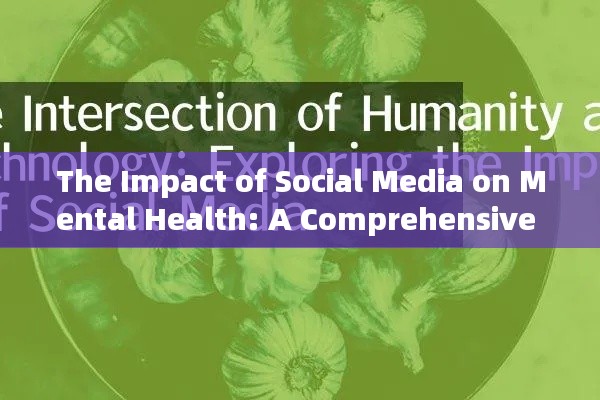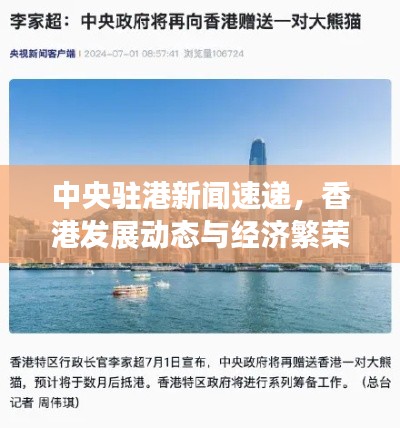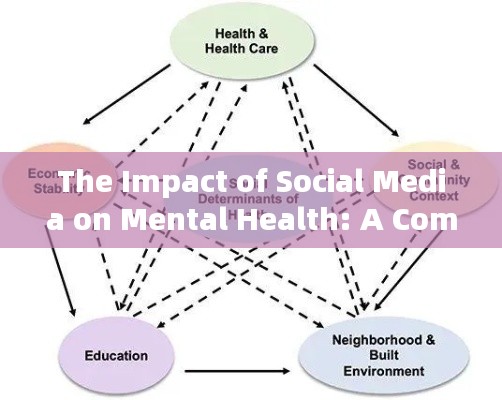标题:The Impact of Social Media on Mental Health: A Comprehensive Debate
文章:
Introduction
With the rapid advancement of technology, social media has become an integral part of our daily lives. It has transformed the way we communicate, share information, and interact with others. However, the impact of social media on mental health has become a hotly debated topic. This article aims to explore both the positive and negative aspects of social media on mental health, presenting a balanced view of the ongoing debate.
Positive Aspects of Social Media on Mental Health
Proponents of social media argue that it has several positive impacts on mental health. One of the most significant benefits is the sense of community and connection it provides. Social media platforms allow individuals to connect with friends and family, regardless of geographical barriers, which can help combat feelings of loneliness and isolation.
Moreover, social media can be a powerful tool for self-expression and creativity. It provides a platform for individuals to share their thoughts, experiences, and talents with a wider audience, which can be therapeutic and empowering. Platforms like Instagram and TikTok have become popular for showcasing artistic and creative content, fostering a sense of belonging and self-worth among users.
Additionally, social media can be a valuable source of mental health support and information. Many individuals turn to platforms like Twitter and Facebook to seek advice, share their struggles, and find communities that offer empathy and understanding. Mental health awareness campaigns often leverage social media to reach a broader audience and destigmatize mental health issues.
Negative Aspects of Social Media on Mental Health
On the flip side, critics argue that social media has detrimental effects on mental health. One of the primary concerns is the constant exposure to unrealistic standards and body image issues. Social media platforms often showcase curated and edited content that can lead to feelings of inadequacy and low self-esteem, particularly among adolescents and young adults.
Another significant issue is the phenomenon of "FOMO" (Fear of Missing Out). Social media can create a sense of urgency and pressure to constantly be connected and up-to-date with others' lives, which can lead to anxiety, stress, and a diminished sense of well-being. This pressure to maintain a perfect online persona can also result in social comparison and envy.
Moreover, the addictive nature of social media can disrupt sleep patterns, attention spans, and overall mental health. Studies have shown that excessive use of social media can lead to sleep deprivation, decreased cognitive function, and increased risk of depression and anxiety. The constant notifications and urge to check updates can create a cycle of dependency that is hard to break.
The Role of Education and Moderation
While the debate continues, it is essential to recognize that the impact of social media on mental health is not solely determined by the platforms themselves. Education and moderation play a crucial role in mitigating the negative effects. By promoting digital literacy and responsible social media use, individuals can better navigate the online world and develop healthier habits.
Schools and parents can also play a significant role in educating young people about the potential risks and benefits of social media. By fostering critical thinking and self-regulation skills, individuals can develop a more balanced perspective on their online interactions and prioritize their mental health.
Conclusion
As the debate on the impact of social media on mental health continues, it is clear that the relationship between the two is complex and multifaceted. While social media can offer numerous benefits, such as connection, self-expression, and support, it also poses significant risks, including unrealistic standards, social comparison, and addiction. By promoting education, moderation, and critical thinking, individuals can harness the positive aspects of social media while minimizing its negative impact on mental health.
The Future of Communication: Real-Time Voice Conference Translation
The Timeless Melody of "Do Not Go Gentle into That Good Night"
The Rise of English Real-Time Morning News on Overseas WeChat Public Accounts
The Evolution of Real-Time Voice Conference Translation
The Evolution of Real-Time Translation at English Conferences
Decoding RTCA: The Power of Real-Time Curve Analysis in Data-Driven Decision Making
The Dynamics of Real-Time Pricing: Understanding Its Impact
The Fruit of Hard Work: Unveiling the Rewards of Perseverance














 浙ICP备2021033100号-1
浙ICP备2021033100号-1